While one might wonder how individuals can be so insensitive as to post these kinds of insults on Twitter, what’s even more incredible is that a national television network curates the cruelty, repackages it, and presents it as comedy. What show does such things? ABC’s Jimmy Kimmel Live.
For over five years, the show has aired a segment called “Mean Tweets.” Each edition features scathing criticisms that ill-mannered individuals have tweeted about specific celebrities. While simply sharing the verbal abuse would be bad enough, to create more compelling television, producers have each celebrity read his/her own Mean Tweets on camera, heightening the humiliation.
Despite its animosity, the segment has been well-liked, as suggested by both the bit’s longevity and the growing number of special segments, e.g., NFL and NBA players, country music stars, and even a President Obama edition. Several of these spin-offs have garnered tens of millions of views on YouTube. Why have they been so popular? Perhaps for the same reason motorists slow down to checkout a car accident when they know they shouldn’t, yet they can’t keep from looking.
Some may be thinking, "What’s the harm? Many of the tweets are funny because they’re stupid. Plus, celebrities are used to public scrutiny and don’t seem to mind reading the tweets; if they did, they wouldn’t participate. In fact, the celebrities are doing a service by showing how to laugh at criticism rather than let it bother you.”
Those are fair arguments, but those who make them, not to mention the creators of Mean Tweets, are missing the most important point: No one should encourage verbal abuse; yet, that cruelty is the foundation for the Mean Tweets segment.
In most editions of Mean Tweets, the show shares not only heartless posts but the Twitter handles of the mean tweeters, lifting them out of obscurity and giving them an undeserved moment of fame. They are essentially rewarded for comments that most would call “abusive, vulgar or rude.”
In many ways, Mean Tweets is doing exactly the opposite of what most TV networks do when a misguided spectator enters the playing field during a live sporting event: The producers refuse to broadcast the reprobates, denying them any additional recognition of their bad behavior and avoiding encouragement of copycats. Mean Tweets, in contrast, glamorizes the offensive act, suggesting that it’s okay to gain attention by demeaning others.
Granted, most people do not hope for network television coverage of their tweets, but they do want the attention and approval of people in their social networks. Given the wide acceptance of Mean Tweets, many may reason that disparaging others is a path to popularity. That’s exactly the kind of behavior our society can ill afford to encourage.
If one took away the TV cameras and the celebrity cameos and put Mean Tweets in a school setting, it would be called shaming or bullying, which include teasing, name-calling, inappropriate sexual comments, and taunting. According to bullying statistics.org, “Over half of adolescents and teens have been bullied online, and about the same number have engaged in cyber bullying.”
The consequences of bullying are always bad. Children who are bullied are more likely to experience anxiety, depression, health complaints, and decreased academic achievement. And, sometimes the results are fatal, as was the case for 15-year-old Sadie Riggs, a Pennsylvania girl who recently hanged herself. In the obituary, Sadie’s family cited social media bullying for making her feel “worthless” and helping precipitate her suicide.
Should Sadie have read her cyberbullies’ comments in public and learned to laugh at their putdowns? Of course not. The solution to bullying is not to further shame the victim but to stop the bullying. Among other things, that means not making light of abusive language or giving it undeserved exposure.
Ironically, ABC News, which belongs to the same network that airs Mean Tweets, shared a press release about Sadie Rigg’s premature passing. The story recounted her family asking well-wishers to forgo flowers and instead “be kind to one another.” Jimmy Kimmel Live should take that plea to heart and put an end to Mean Tweets and its “Single-Minded Marketing.”
Learn more about the Mindful Matrix and Mindful Meter.
Check out Mindful Marketing Ads and Vote your Mind!

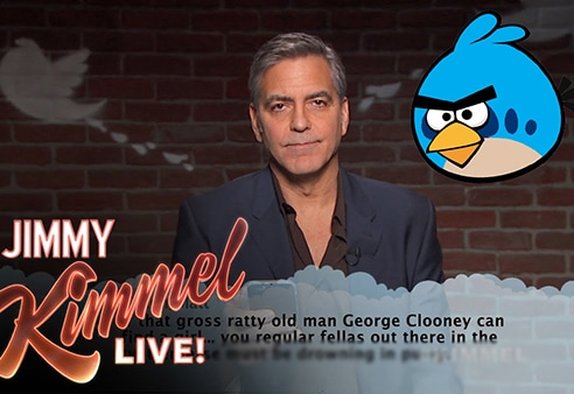
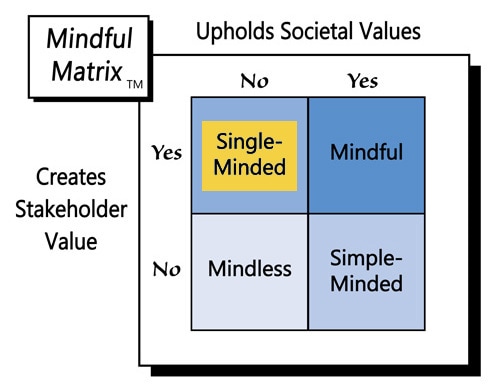
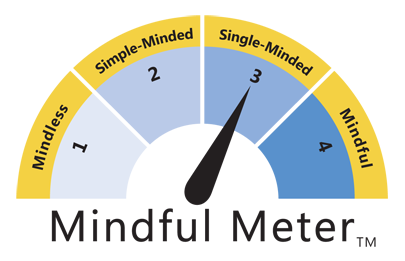

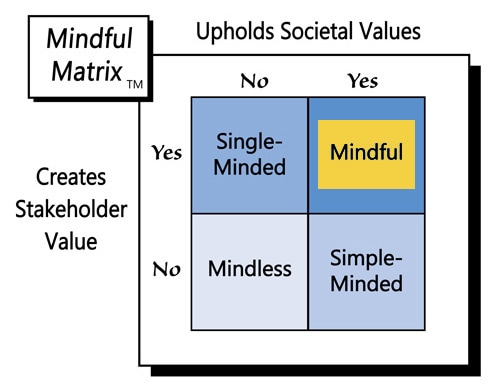
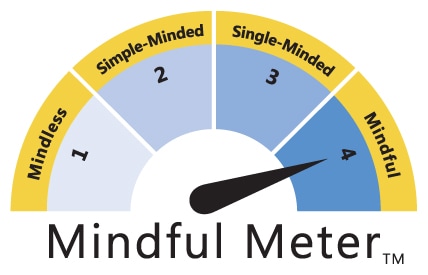
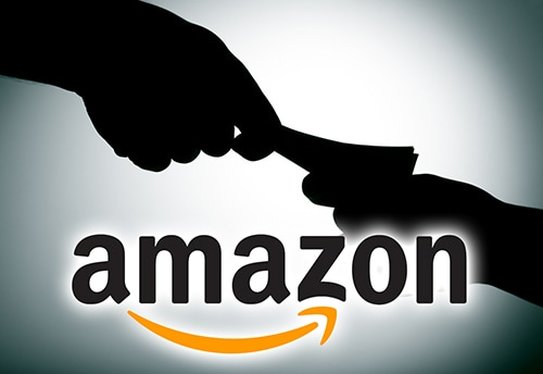
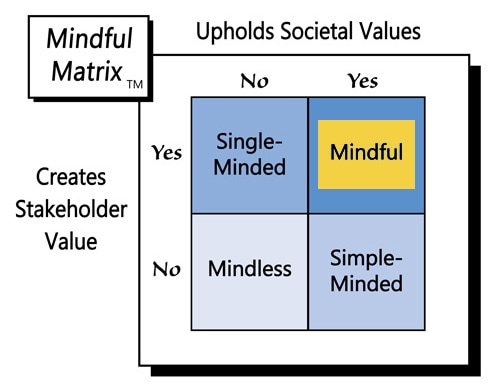
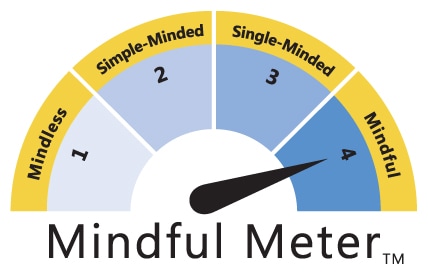
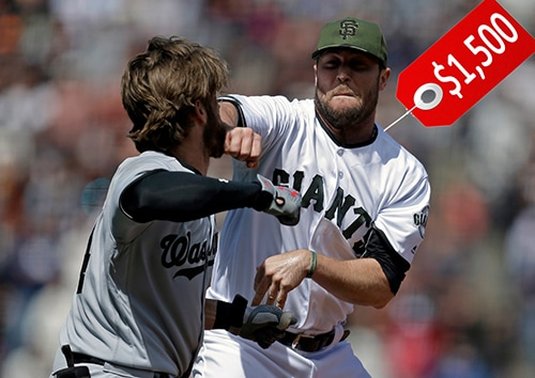
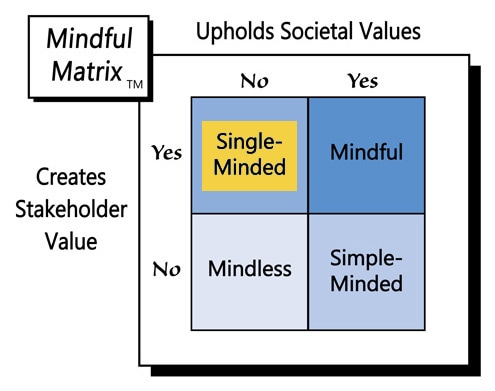
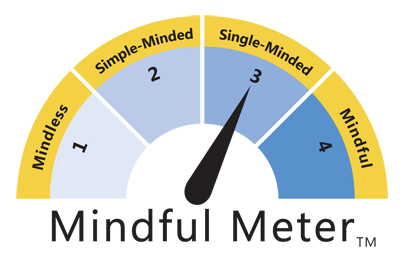
 RSS Feed
RSS Feed